Peggy Glanville-Hicks: Sappho
Sappho, the last grand opera of Australian composer Peggy Glanville-Hicks (1912-90), was written in her stone cottage on Mykonos in 1963. Never heard before this recording, Sappho reflects Glanville-Hicks' fascination with the orient and folk music, encapturing the colours of ancient Greece, with a heroic brass fanfare and epic writing for chorus, haunting woodwind solos and shimmering percussion evoking the stillness of crystal island waters. Deborah Polaski, who creates the role of the disenchanted Sappho, describes it as 'the kind of music that singers want to sing'. The libretto, based on Lawrence Durrell's verse-play, incorporates fragments of Sappho's own verse.
Deborah Polaski, soprano: Sappho
Martin Homrich, tenor: Phaon
Scott MacAllister, tenor: Pittakos
Roman Trekel, baritone: Diomedes
Wolfgang Koch, bass-baritone: Minos
Sir John Tomlinson, bass: Kreon
Jacquelyn Wagner, soprano: Chloe/Priestess
Bettina Jensen, soprano: Joy
Maria Markina, mezzo soprano: Doris
Laurence Meikle, baritone Alexandrian
Coro Gulbenkian, choir
Orquestra Gulbenkian, orchestra
Jennifer Condon, conductor
Double Disc!
Listen To This Recording:
- Sappho: Act 1, Overture (1963)
- ‘Hurry, Joy, hurry!’… ‘Is your lady up?’
- ‘Now, at last you are here’
- Aria – Sappho: ‘My sleep is fragile like an eggshell is’
- ‘Minos!’
- ‘So, Phaon’s back’
- Aria – Phaon: ‘It must have seemed like that to them’
- ‘Phaon, how is it Kreon did not ask you to stay?’
- Introduction… ‘Phaon has become much thinner’…
Song with Chorus: The Nymph in the Fountain - ‘Boy! Bring us the laurel!’… ‘What are the fortunes of the world we live in?’
- ‘Wait, hear me first!’… The Epigram Contest
- ‘Sappho! Sappho!’… ‘If death be noble’
- ‘Ah, it is you’
- Duet: ‘Nay, but always and forever’
- Introduction… ‘What are you making?’… ‘Here’s Minos coming!’
- Chorus: ‘Hail to Pittakos!’
- ‘Sea begotten heroes’
- ‘Admit it now’ … ‘Now, where is this brother of mine’
- ‘Ah, here you are at last’
- Aria – Pittakos: ‘You think I do not feel’ … ‘Sappho! Sappho!’
- ‘Diomedes, oh Diomedes, what have you done?’
- ‘Sleep now’
- ‘Priestess of the Oracle’ … Invocation
- Kreon’s confession: ‘Oh Mask!’
- Introduction
- ‘The voting must be over’
- Aria – Minos: ‘I am very tired’
- The Verdict: ‘Sappho! Sappho! It is exile’
- Monologue: ‘Now everything is silence and remoteness’
Sappho: Act 1, Scene 1 (1963)
Sappho: Act 1, Scene 2 (1963)
Sappho: Act 2, Scene 3 (1963)
Sappho: Act 2, Scene 4 (1963)
Sappho: Act 2, Scene 5 (1963)
Sappho: Act 3, Scene 6 (1963)
Sappho: Act 3, Scene 7 (1963)
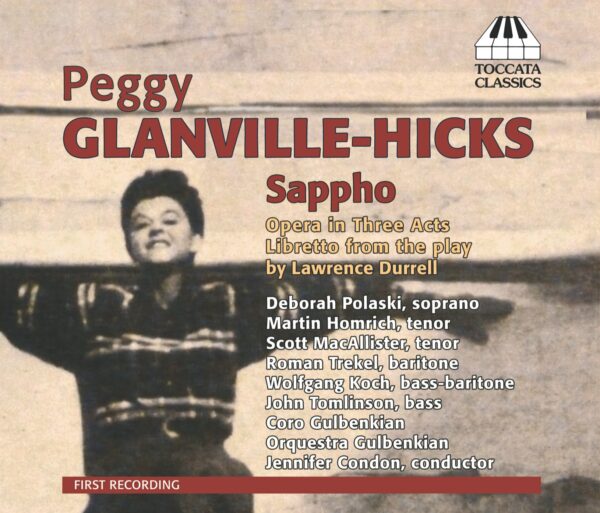
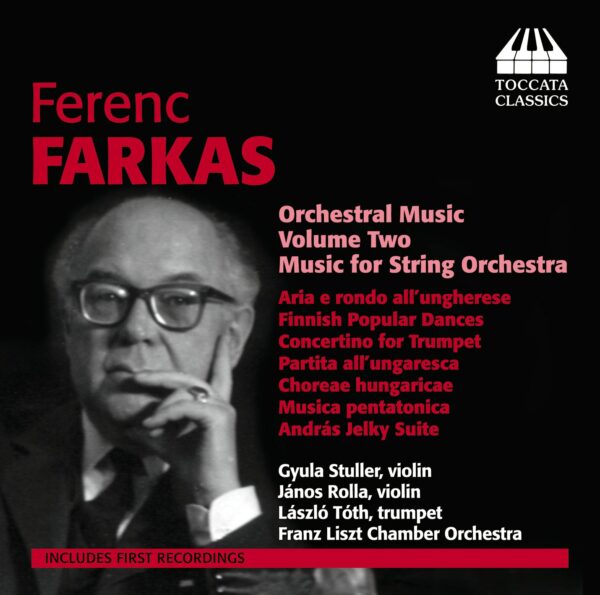
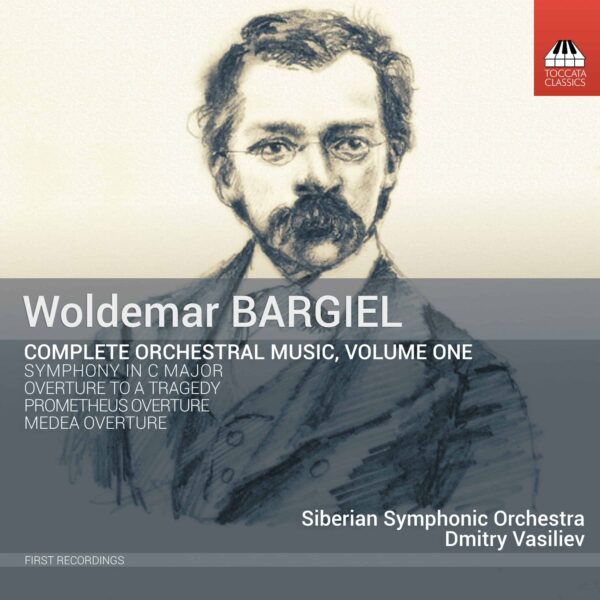
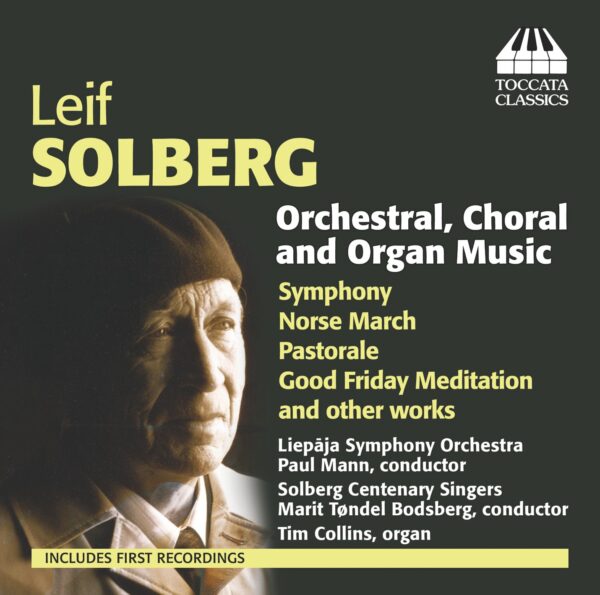
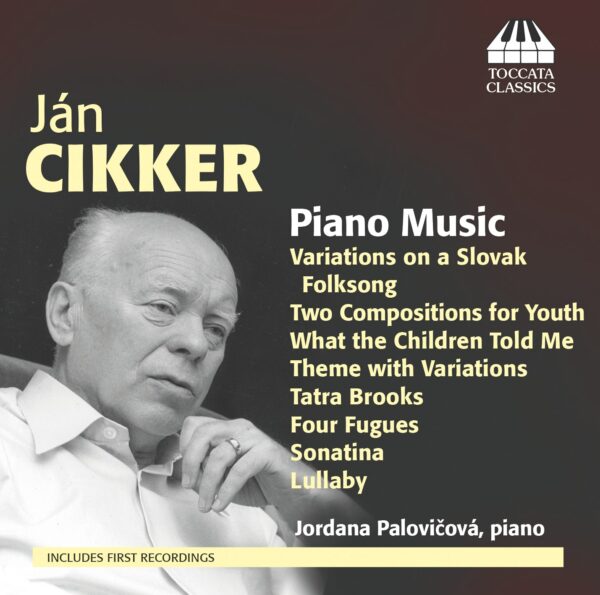
The Australian :
‘Given the few performances in Australia of any of Glanville-Hicks’s music this year, Condon’s achievement in bringing out the composer’s last complete opera should be celebrated. The recording will be a calling card to opera companies that she hopes will stage the work.’
—Matthew Westwood, The Australian
SoundsLikeSydney :
‘The biggest revelation of the recording however, is the music of Peggy Glanville-Hicks. Though based in the traditions of western classical music, her aesthetic was informed by her travels and her philosophy and draws on an eclectic mix of Greek modes, Indian ragas, ancient Italian, Spanish and Caribbean influences. The music of the opera is distinctly modal with instrumentation, rhythms and ornaments that conjure images of a dangerously exotic Mediterranean epic.’
—Shamistha de Soysa, SoundsLikeSydney
Limelight :
‘Musically, Sappho is a most attractive work, full of atmospheric modal harmonies, with pentatonic effects adding an exotic air. Some fine highlights compensate for occasional moments of patchy inspiration. Condon marshals her considerable forces with sensitivity. Martin Homrich and Scott MacAllister as the love interest sing ardently, and there are fine contributions from Wolfgang Koch, Roman Trekel and a characterful John Tomlinson. The Germans in the cast manage the English text pretty well. … This major release deserves a strong recommendation, and Condon deserves a medal.’
—Clive Paget, Limelight
International Record Review :
‘If … you’re willing to let the music work its hypnotic powers on you, you’ll find yourself caught. This premiere is an act of commitment by the 30-year-old conductor, who has been working since 2001 to bring this work to the world, and who is responsible for deciphering the manuscript of the full score to make this performance possible. Her dedication is palpable from first note to last and she’s fortunate to have been able to secure a solid orchestra and to convince a first-rate set of world-class singers to participate … The entire cast boasts excellent enunciation, especially important in an opera that relies so heavily on textual detail. The orchestra coaxes out the music’s understated effects expertly (listen, for instance, to the wailing of the strings beginning a minute or so into Scene 5 or to the keening solo winds throughout). All in all, a major contribution to the catalogue, served up with Toccata’s usual high-quality presentation values; the engineering is solid, too. Strongly recommended to any opera lover with a sense of adventure.’
—Peter J. Rabinowitz, International Record Review